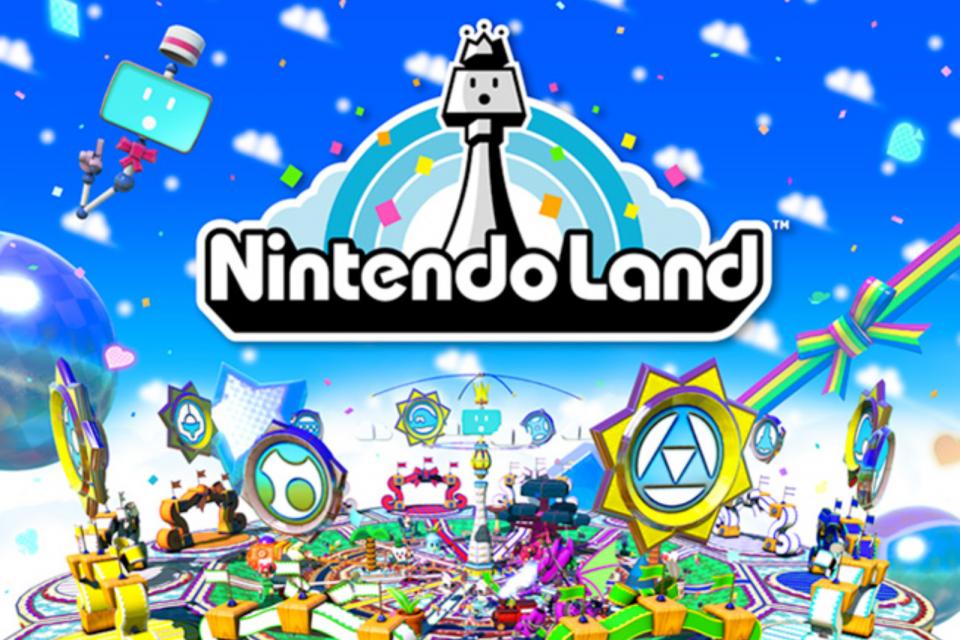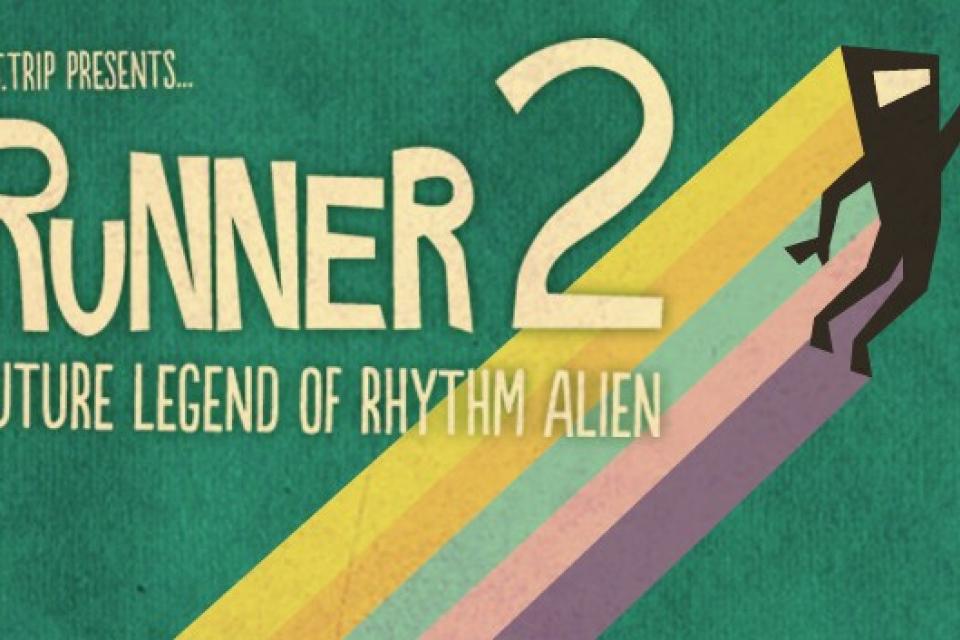

Two recent reports, published by market analysts, offer contradicting views on the future of Nintendo in the console market. While different at their core, both reports agree that Nintendo are a major force in the console gaming market but that they have made some grave strategy errors. At the same time both reports contemplate the possibility of Nintendo pulling a Sega and abandoning the console hardware market altogether. Another point on which all analysts seem to agree is that Nintendo are showing signs of beginning to mend their ways, such as focusing on adult games and pursuing stronger marketing pushes like bundling.
The gloomier of the two reports came from Strategy Analytics. According to them, the number of users of advanced games consoles soared by 128 per cent in 2002, reaching 56.3 million worldwide. 75 per cent of users own Sony's PlayStation 2, compared to 13 per cent with Nintendo's GameCube, and 12 per cent with Microsoft's XBox. Forecasts suggest GameCube will lose ground during 2003. According to the analysts, Nintendo could build a leading position in the USD 12 billion software market, but it must first abandon its present console strategy.
Global sales of advanced 128-bit consoles reached 32.9 million units in 2002, according to the research. PS2 was the choice of nearly 70 per cent of buyers, while the remainder was split evenly between GameCube and XBox. Total sales of all platforms in 2003 are predicted to reach 36.2 million units, but GameCube's sales are expected to fall by 4 per cent in 2003, while XBox sales will rise by 12 percent. Key drivers of this trend are XBox's growing software library, its clearly defined online gaming strategy, and Microsoft's substantial investments in the platform. By contrast, the GameCube's online strategy is unclear, and its support from publishers appears to waning.
Strategy Analytics recommends that Nintendo abandon its traditional console-exclusive software publishing strategy and publishes its games across multiple platforms. The company stands to lose relatively little, while gaining access to an additional 77 million console owners during 2003.
Nintendo is missing out on the current generation of games players, says David Mercer, VP of the Strategy Analytics Global Broadband Practice. Culturally it will be difficult for the company to change course, but it must do so in order to secure its long-term position as a leading games publisher.
Another research company however, DFC Intelligence, have published a more optimistic report, follow the link below and to the right in order to read what they have to say.
DFC Intelligence also published a report on Nintendo, titled Nintendo Still in the Game, in which they suggest that the company are a leading force in the console wars and are second behind Sony.
With about USD 4.6 billion in revenue (2002), Nintendo is the second largest company in the video game industry (Sony with USD 8.2 billion in 2002 has been the revenue leader since 1998). Furthermore, Nintendo is a conservative company, very focused on the bottom line. On top of that, no company comes close to Nintendo's record of top-selling video games. As a result, Nintendo has been far and away the most profitable game company (yes, more than Sony's game profits), and has built up a large cash reserve of around usd 7 billion. This gives Nintendo plenty of breathing room to make mistakes.
Going forward, Nintendo may need all the breathing room it can get. The company's focus on short-term earnings have often come at the sacrifice of long-term strategic positioning. Whether it is aggressively building/maintaining relationships with smaller companies or keeping up with the evolution of the video game consumer, Nintendo has generally come up short. While competition has sprouted up all-around, Nintendo has kept its feet planted firmly in its roots. The company's revenue actually peaked ten years ago.
Nintendo continues to release many of the best games on the market, but it says a lot that the biggest titles of the past year have been based on franchises established in the 1980's (Mario, Metroid, Zelda etc). The company was slow to awake to the fact that adults were playing games in large numbers. While Nintendo is now trying to focus on mature games, it is still unclear whether the company gets that end of the business. For example, with the GameCube, Nintendo placed a heavy focus on Resident Evil games (adult horror titles that were very popular on the PlayStation when released in 1996). Unfortunately, the hot trend in the adult market is currently gangster games like Grand Theft Auto III and The Getaway. Don't even try to talk about Nintendo and online games.
Of course, the argument has always been that Nintendo can make a healthy living in the two large markets it dominates, portable games and games for the 8-14 year old crowd. However, Nintendo is only going to see increased competition in these areas. In terms of quality, major holiday 2002 PlayStation 2 releases like Kingdom Hearts, Sly Cooper and the Thievius Racoon and Ratchet and Clank were right up there with some of the great Nintendo platform games. Furthermore, the average 5th grader now thinks that games like Halo and Grand Theft Auto III are cool, even if their parents won't let them play.
In the portable market, Nintendo's market share has nowhere to go but down. Of course, there will be new competition such as the Nokia N-Gage (scheduled to be released in late 2003). While we don't think that the N-Gage is a specific threat to Nintendo's market dominance, we do think it is a harbinger of the increased competition that will likely occur in the portable market over the next five years. The portable market will eventually be another major battleground for Nintendo.
In short, Nintendo is being attacked from all sides and the company may need to change some of its long running habits. Specifically, the company needs to be more focused on strategic planning for the future and not squeezing the most money out of their latest triple AAA title.
A question we are asked on a frequent basis is whether Nintendo is still even relevant in today's market. Our answer is always a definite yes. Nintendo is a video game powerhouse, even as their market share continues to erode. One of the beauties of the console game business is that you can reinvent yourself every five years when new game systems are released.
Of course, many are questioning whether Nintendo will pull a Sega and leave the console race to Sony and Microsoft. For its part, Nintendo has stated that it plans to release a successor to the GameCube and we fully expect Nintendo to continue to be in the hardware business. Unlike Sega, Nintendo has the cash reserves to put up a major fight. Furthermore, Nintendo is one of the true industry innovators, on both the software and hardware side. For example, the WaveBird Wireless Controller was one of the stellar hardware products of 2002. Nintendo's real challenge is being more willing to forego short-term profits to come up with a strategic long-term approach.
There are signs that Nintendo is slowly starting to change its ways. There is still plenty of potential for the GameCube to have strong sales. The slow economy probably hurt GameCube sales more than PlayStation 2 and Xbox sales. Nintendo is being very aggressive about cutting prices and offering compelling bundling packages to encourage sales. On top of that, Nintendo is once again starting to work closely with important Japanese game companies such as Namco, Square, and Capcom (as well as Sega). These companies helped build Nintendo back in the 1980s. However, as their relationship with Nintendo deteriorated, these companies fled to the Sony PlayStation. In short, Nintendo may now be an underdog, but underestimating the company is a major mistake.








